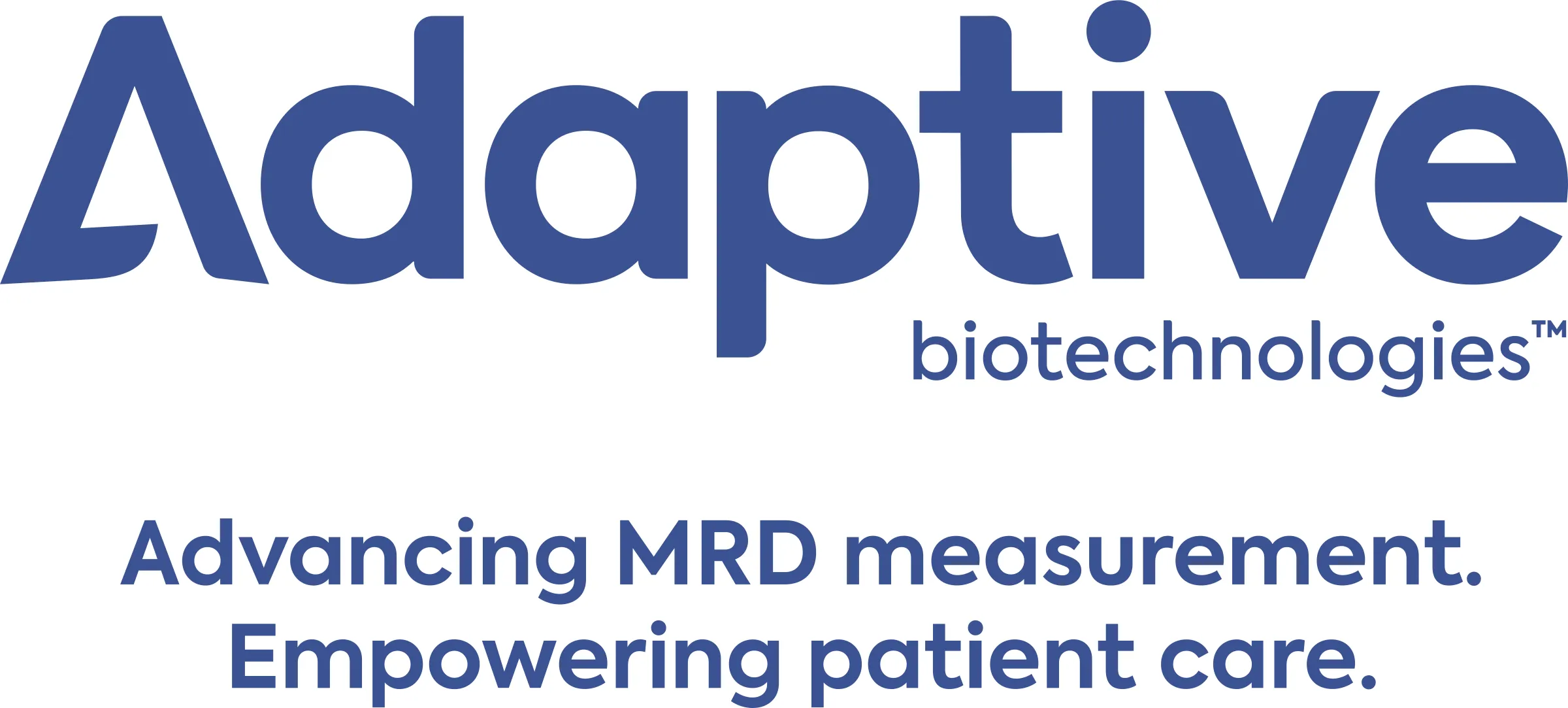Is it Safe for R/R DLBCL Patients to Receive CAR T-cell Therapy in an Outpatient Setting?

Is it safe for relapsed/refractory non-Hodgkin lymphoma patients, including DLBCL, to receive CAR T-cell therapy in an outpatient setting? Outpatient treatment refers to receiving the therapy and then going home. Or is it safer to receive treatment and stay in the hospital overnight (inpatient) for several days?
The concern with CAR T-cell therapy is treatment-related side effects like cytokine release syndrome (CRS) and brain-related issues, referred to as immune effector cell associated neurotoxicity syndrome (ICANS).
Radhika Bansal, MD, from the Mayo Clinic, conducted research to determine whether it is safe for patients to receive CAR T-cell therapy in an outpatient setting. Watch her interview or read the summary of her findings below.
Is it Safe for Patients to Receive CAR T-Cell Therapy in an Outpatient Setting?
Dr. Bansal and her team evaluated the data of 155 non-Hodgkin lymphoma patients (84% of whom had diffuse large B-cell lymphoma [DLBCL]) who had received either axi-cel (Yescarta, Kite) or brexu-cel (Tecartus, Kite). These patients were also relapsed/refractory, meaning they had received treatments before CAR T-cell therapy, and the cancer had come back.
She found that giving CAR T-cell therapy in an inpatient or outpatient setting didn’t alter the type of side effects experienced. Other factors that did impact the severity of side effects experienced included:
-
The timing of when side effect management was given.
-
Patients who received side effect management in the early period had fewer side effects than those who received supportive treatments in the later stages after CAR T-cell therapy.
-
-
Your lactate dehydrogenase (LDH) level measured five days before the CAR T-cell therapy infusion.
-
If your LDH level is high before treatment, you may experience more severe side effects for up to 30 days after your CAR T-cell therapy infusion compared to if your LDH level was within the normal range before treatment.
-
Conclusion
In summary, administering CAR T-cell therapy for non-Hodgkin lymphoma patients like DLBCL is considered safe. Side effects like cytokine release syndrome and brain-related effects are less severe if patients receive medicines to treat them in the early stages rather than later. Also, a high lactate dehydrogenase (LDH) level before treatment was correlated with experiencing worsened versions of side effects. Talk to your doctor about concerns you may have related to managing the side effects of CAR T-cell therapy.
Stay updated with the latest news on research and treatment of DLBCL with HealthTree. Subscribe to our newsletter today!
Source:
Is it safe for relapsed/refractory non-Hodgkin lymphoma patients, including DLBCL, to receive CAR T-cell therapy in an outpatient setting? Outpatient treatment refers to receiving the therapy and then going home. Or is it safer to receive treatment and stay in the hospital overnight (inpatient) for several days?
The concern with CAR T-cell therapy is treatment-related side effects like cytokine release syndrome (CRS) and brain-related issues, referred to as immune effector cell associated neurotoxicity syndrome (ICANS).
Radhika Bansal, MD, from the Mayo Clinic, conducted research to determine whether it is safe for patients to receive CAR T-cell therapy in an outpatient setting. Watch her interview or read the summary of her findings below.
Is it Safe for Patients to Receive CAR T-Cell Therapy in an Outpatient Setting?
Dr. Bansal and her team evaluated the data of 155 non-Hodgkin lymphoma patients (84% of whom had diffuse large B-cell lymphoma [DLBCL]) who had received either axi-cel (Yescarta, Kite) or brexu-cel (Tecartus, Kite). These patients were also relapsed/refractory, meaning they had received treatments before CAR T-cell therapy, and the cancer had come back.
She found that giving CAR T-cell therapy in an inpatient or outpatient setting didn’t alter the type of side effects experienced. Other factors that did impact the severity of side effects experienced included:
-
The timing of when side effect management was given.
-
Patients who received side effect management in the early period had fewer side effects than those who received supportive treatments in the later stages after CAR T-cell therapy.
-
-
Your lactate dehydrogenase (LDH) level measured five days before the CAR T-cell therapy infusion.
-
If your LDH level is high before treatment, you may experience more severe side effects for up to 30 days after your CAR T-cell therapy infusion compared to if your LDH level was within the normal range before treatment.
-
Conclusion
In summary, administering CAR T-cell therapy for non-Hodgkin lymphoma patients like DLBCL is considered safe. Side effects like cytokine release syndrome and brain-related effects are less severe if patients receive medicines to treat them in the early stages rather than later. Also, a high lactate dehydrogenase (LDH) level before treatment was correlated with experiencing worsened versions of side effects. Talk to your doctor about concerns you may have related to managing the side effects of CAR T-cell therapy.
Stay updated with the latest news on research and treatment of DLBCL with HealthTree. Subscribe to our newsletter today!
Source:

about the author
Lisa Foster
Lisa Foster is a mom of 3 daughters and 1 perfect grandchild, a puzzle lover, writer and HealthTree advocate. She believes in the mission of the foundation and the team that builds it forward. She calls Houston, Texas home.
More on Conferences
Get the latest thought leadership on your Non-Hodgkin Lymphoma delivered straight to your inbox
Subscribe to the weekly newsletter for news, stories, clinical trial updates, and helpful resources and events with cancer experts.
Thanks to our HealthTree Community for Non-Hodgkin Lymphoma Sponsors:











